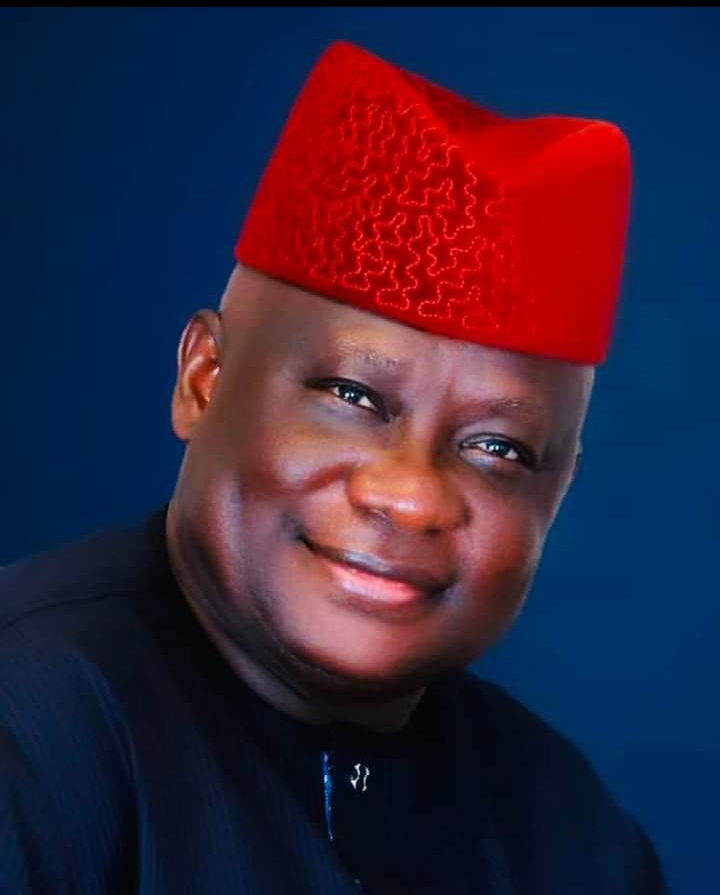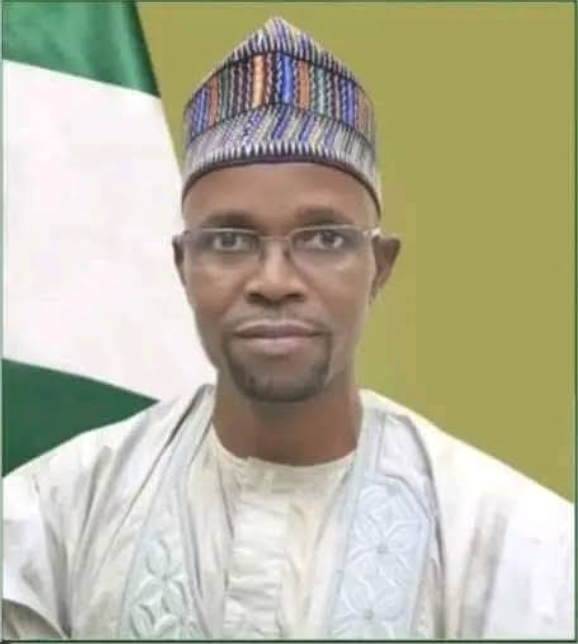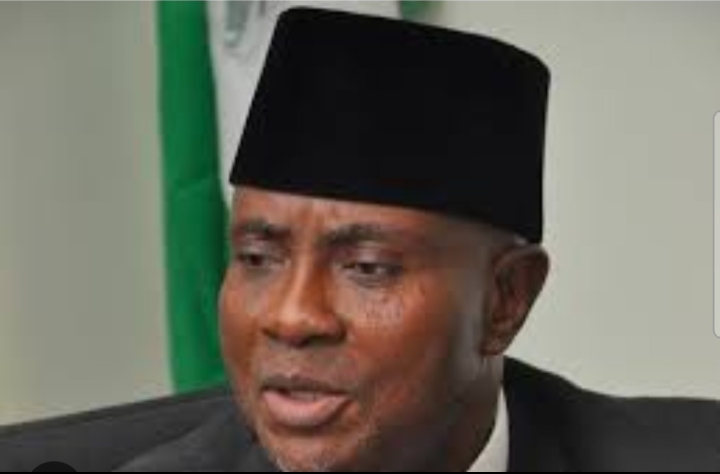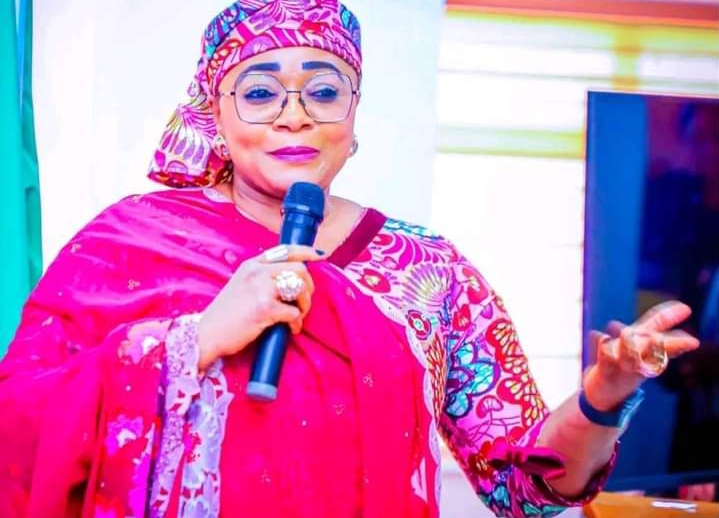“It should be clear to the National Assembly that their incestuous relationship with the Ministries, Departments and Agencies (MDAs) on which they have oversight responsibilities cannot continue. It is an open secret that many of our lawmakers are the leading contractors in some of these MDAs where they deploy their oversight powers as a weapon of blackmail and intimidation…”
The foregoing is taken from my column, ‘Incest in the House’ published on 22nd April 2013, following the scandal that pitched the then Securities and Exchange Commission (SEC) Director General, Ms Arunma Oteh against the House of Representatives committee on Capital Markets and Other Institutions. Bullied by the committee chairman, Oteh had turned the table by questioning the credibility of Hon Herman Hembe: “On 20th October last year (2012), you were given a cheque to travel to the Dominican Republic to attend a conference. Can you tell Nigerians that you returned the money when you did not travel? In asking the SEC to contribute N39 million for this public hearing, don’t you think that you are undermining your capacity to carry out your duties? You also requested that we should provide at least N5 million, that was a day before this public hearing started…”
That scenario of the accuser becoming the accused was re-enacted on Monday at the House of Representatives public hearing on alleged mismanagement and financial impropriety at the Niger Delta Development Commission (NDDC). Following the drama of the acting managing director of the Interim Management Committee (IMC), Prof Daniel Pondei slumping while rendering accounts—with all manner of hands inserted into his mouth (I hope he goes for COVID-19 test)—it was the turn of the Minister for Niger Delta Affairs, Godswill Akpabio. Issuing a subtle threat, Akpabio said it was in the interest of the National Assembly to ensure that ongoing payments to NDDC contractors were not hampered since their members were largely the beneficiaries. “So it is important that people who have gone to court, people who genuinely did jobs should be paid for their jobs. For me, I am not against it because, of course, who are even the greatest beneficiaries? It is you people.”
Akpabio made his declaration not necessarily to indict but rather for lawmakers to understand the implication of what they were doing. Aside ‘taking care of themselves’, the real mandate of the IMC foisted on the NDDC by Akpabio is not to award new contracts but rather to pay ‘old contractors’. And the former Akwa Ibom State governor is well aware that this inquisition by lawmakers is a ‘needless distraction’, so he had to remind the Honourable members of their own interest. When a female lawmaker interrupted to question his claim, Akpabio dismissively retorted, “I just told you that we have records to show that most of the contracts in NDDC are given out to members of the National Assembly but you don’t know about it, the two chairmen can explain to you. I was a member of the NDDC committee; so, I know about it.”
An apparently uncomfortable Hon Thomas Ereyitomi – chair of proceedings in the absence of committee chairman, Hon Olubunmi Tunji-Ojo (who recused himself following accusation of complicity in the scandal)—kept shouting “It’s okay, it’s okay, Hon Minister, it’s okay. Drop the mic, it’s okay, it’s okay”, in a futile attempt to prevent the public from hearing whatever bombshell Akpabio might throw next.
Since both the Senate and the House have challenged Akpabio to name lawmakers who are also NDDC contractors, there are interesting days ahead.
The question perceptive minds will ask is: Was the renovation of a town hall split into three different contracts to circumvent Public Procurement Act approved payment thresholds?
With ten of the 16 contracts awarded to legislative constituencies, we can also understand the bid requests for procurement of 480 laptops for three villages (160 to each, perhaps for community meetings!) in Ebonyi North senatorial district in addition to another contract for capacity building/training. Established in 2008 “to promote and support the use of space technology within and outside of Nigeria for the management of the full disaster cycle including prevention and mitigation”, NASRDA did not forget to add a very important contract for the ‘procurement of rice for Southern Taraba’! A simple search at the Bureau for Public Procurement (BPP) will offer clues as to who is executing which contract on behalf of who – even while most of these companies may not be registered with the Corporate Affairs Commission (CAC).
In the same journal edition, the Energy Commission of Nigeria advertised 54 project contracts and nine consultancy services contracts. While the statutory mandate of the commission is “for the strategic planning and co-ordination of National Policies in the field of Energy in all its ramifications”, the advertised contracts for 2020 are for the installation of air conditioners, incandescent lamps, solar boreholes, solar street lights, solar kiosk and transformers etc. Aside five of the contracts whose locations were identified by village, local government and state, the others were either in a ‘senatorial district’ or a ‘federal constituency’. The consultancy services at the commission are of course for ‘training of youth on renewable energy’, ‘stakeholders annual forum’, ‘strategic communication’ as well as for the ‘promotion of energy planning tools in six geopolitical zones’. There are, however, two interesting consultancy contracts: ‘Review of ECN policy and legal instruments (A) Passing the National Energy Bill into law (B) Review of ECN Act Cap 10E’ and ‘E-Registry, E-Budget, E-Procurement and E-Accounting for transparency and accountability’. I am sure the people to whom those E-contracts have been ‘allocated’ know themselves!
If you go through the ‘2020 Appropriation Act FGN Budget Details’ as I have done, it is easy to locate the contracts promoted by National Assembly members. And most of them have no real value to the people and may in fact be duplication of projects inserted in previous budgets. The contract sum carries the same round figures in sequential order and the majority are labeled as ‘ongoing projects’ and domiciled in ‘some communities’ or ‘various locations’. Of the 434 project contracts last week advertised by the Rural Electrification Agency for the 2020 budget, more than 90 percent are also allocated to either a ‘senatorial district’ or a ‘federal constituency’.
Meanwhile, the essence of legislative oversight is to detect and help eliminate areas of waste within public agencies, make government accountable to the people, evaluate the impact of policies and programmes on the society while ensuring that all these are in promotion of the public good. But a National Assembly whose members are busy chasing contract papers will sooner or later lose the moral authority that surrounds its constitutional power. That exactly is the situation today. But we must also understand their constraints.
The argument of the lawmakers has always been that if unelected ministers, heads of agencies and civil servants can insert whichever projects they want in the budget of the MDAs, why should they be precluded from doing the same? With a constitution that prescribes a minister must come from each of the 36 states, resource allocation has already been made to resemble a distribution of spoils. In the budget of the federal ministry of water resources, for instance, there is construction of a gym for N2 million and renovation of Block B (New building) for N13 million. These obviously are projects inserted by private individuals and lawmakers see (and probably enable) them. So, when you question the rationale for their constituency projects, they get angry.
Many of our lawmakers also talk glibly about Earmarks—provisions inserted by American Congressmen into spending bills for specific projects in their constituencies. What they ignore is that even in the United States, these ‘Congressional Porks’ are so contentious that they were for several years banned. It has also led to the resignation and conviction of a Congressman and the indictment of others. Besides, in those climes, lawmakers work in concert with the executive and do not nominate contractors. And they follow due process. This contrasts with the case here, as can be glimpsed from the 17th August 2017 ‘Dear brother’ letter to the then chairman, Senate committee on Niger Delta by Akpabio.
In his capacity as Senate Minority Leader at the time, Akpabio had requested the fencing of Federal Polytechnic Ukana, Akwa Ibom at a cost of N200 million and another fencing of Federal Government College, Ikot Ekpene (Old site) in the same state he governed for eight years at N100 million. Two training sessions “in the use of modern farming implement” gulped N150 million. These proposed projects went through no bid or evaluation process before costs were allocated which then explains why at the national summit on diminishing corruption in public sector last November, President Buhari said: “One Trillion Naira has been appropriated in the last 10 years for constituency projects, but the impact can hardly be seen.”
Now that we are witnessing a rash of public hearings at the National Assembly, I hope we will not miss this opportunity to deal with what is clearly a systemic problem. On Tuesday, Minister for Labour and Employment, Dr Chris Ngige, who is also at war with management of the Nigeria Social Insurance Trust Fund (NSITF), made shocking revelations. The suspended Managing Director, along with his team according to Nigige, awarded 332 contracts worth about N4.448 billion in one day. Among 74 other allegations Ngige levelled against the NSITF management are extra-budgetary spending, making payment for unapproved expenditure, irregular direct payment from the Employees Compensation Act and making payment for Assurance policy without a policy cover. There have of course been several counter-allegations of impropriety against Ngige himself.
If you add the NSTIF scandal to that of the NDDC and others, what the current situation calls for is an holistic reform to instil accountability in the system. As the most significant link between the government and the people, that is the role of the legislature in a democracy. Indeed, section 88, subsection 2(B) of the 1999 Constitution (as amended) confers on the National Assembly the power to “expose corruption, inefficiency and waste in the execution of laws within its legislative competence and in the disbursement or administration of funds appropriated by it.” Sadly, our lawmakers have not effectively discharged that responsibility, as I told them three years ago.
On the second anniversary of the 8th National Assembly on 9th June, 2017, I had the privilege of addressing members of the House of Representatives at plenary, at the invitation of then Speaker, Hon Yakubu Dogara. In my presentation, I spoke about the crisis of expectation from the society and sympathised with lawmakers. “While the Honourable members of this House were elected to make laws for the good governance of the country and through that bring developments to the people, what your constituents demand are instant gratifications. They want money to pay the school fees of their children, establish businesses and sometimes even to marry more wives. If you are not able to deliver on these, no matter how many bills you sponsor in the National Assembly or how efficient you are in your oversight functions, you are a failed lawmaker, in their estimation.”
But I also spoke to how the lawmakers help to erode their own credibility: “As far as the Honourable members seated here this morning are concerned, you are serving the people. But where majority of Nigerians are concerned, you are all here serving only your own interest…From certificate forgery and bribery scandals to budget padding and rowdy sessions that sometimes degenerate into fisticuffs, every negative episode involving members only serves to erode the credibility of the legislature.”
While Nigerians continue to enjoy the current entertainment from the National Assembly in the name of probes, they are also no fools. The legislative ‘power of the purse’ confers on lawmakers the responsibility to serve as watchdogs on the executive in the way and manner national resources are allocated and expended. But when a lawmaker who is not known to have won any lottery publicly advertises the number of expensive vehicles he owns and the houses he has abroad on social media, it becomes clear to Nigerians that ‘oversight’ must be a very lucrative enterprise in our country. Now, can someone please pass me a bucket of popcorn as l await Akpabio’s response to the National Assembly ultimatum?
You can follow me on my Twitter handle, @Olusegunverdict and on www.olusegunadeniyi.com











